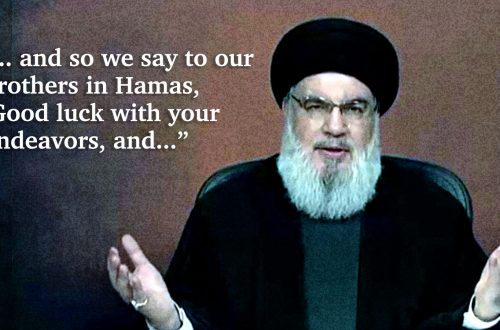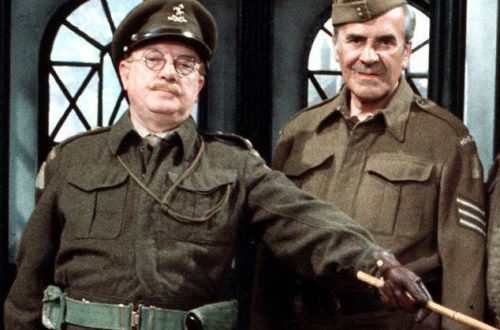The dominant narrative of the Israel-Palestine tragedy is that of the European Shoah on the one hand, and the Palestinian Arab Nakba on the other. But, in the Arab and Persian world, there was also a Jewish Mizrahi Nakba: coincidentally equal in proportion to that of the disaster that befell the Palestinian Arabs.
Lyn Julius, a woman of Iraqi Jewish descent, writes movingly of the ethnic cleansing of 99% of the Middle East’s Jewish population, and argues that its recognition holds the key to a just and lasting settlement in the Middle East.
This week, before an audience of peers and MPs, an 80-year-old Jewish refugee named Sarah told the story of her traumatic departure in 1956 in the wake of the Suez crisis. Her husband lost his job. Taken ill, she had remained behind in Egypt with her new baby, while he left to look for work in Europe. She departed with nothing – along with 25,000 other Jews expelled by Nasser and forced to sign a document pledging that they would never return. In a final act of spite, the customs officers ransacked her suitcase and even her baby’s carrycot.
Sarah was speaking at a House of Lords briefing as part of the Justice for Jews from Arab Countries congress. JJAC, an international coalition of 77 organisations, is holding its inaugural congress in London, and aims to highlight the neglected rights of (according to indisputable UN figures) 856,000 Jewish refugees like Sarah.
The exodus began 60 years ago when Arab states, hell-bent on crushing the new state of Israel militarily, also turned on their peaceful Jewish communities. Street violence killed over 150 Jews. Within 10 years, more than half the Jews had fled or been expelled, following discriminatory legislation , extortion, arrests, internment and executions. Those who remained became subjugated, political hostages of the Arab-Israeli conflict.
…
Such resolutions could lead to a peace settlement by recognising that there were victims on both sides. Thus justice for Jews is not just a moral imperative, but the key to reconciliation.
Moreover, a major hurdle to peace could be removed if the Palestinian “right of return” were counterbalanced by the Jewish right not to return to Arab tyrannies, recognising a de facto population exchange of roughly equal numbers.
The Jewish refugees, who spent up to 12 years in Israeli ma’abarot (transit camps), could also serve as a model for the resettlement (in host Arab countries or an eventual Palestinian state) of Arab refugees languishing in camps.
Today 99.5% – all but 4,500 – have gone. As the historian Nathan Weinstock has observed, not even the Jews of 1939 Germany had been so thoroughly “ethnically cleansed”.
Perhaps one day we will see an Arabs for Justice for Mizrahi Jews, alongside Jews for Justice for Palestinians.
Read the rest.
UPDATE
Unusually, for a straightforward news report, the BBC has devoted half of its article to the views of “BBC’s Arab affairs analyst Magdi Abdelhadi”, who denies the Mizrahi Jewish Nakba.
Could you imagine a report on the plight of Palestinian Arab refugees, that was qualified by a BBC employee expressing the view that it was “highly controversial” why Palestinian Arabs left Israel, and that some of them left because they were Arab Nationalists hoping to return in the wake of a victorious pan-Arab army, and that some were encouraged to leave by the Arab League, and frankly who knows why they left at all!!!!
Or putting forward the suggestion that it is an “undisputed fact” that Arabs are fully integrated into Israel, with not a care in the world?
Top performance by the BBC.


